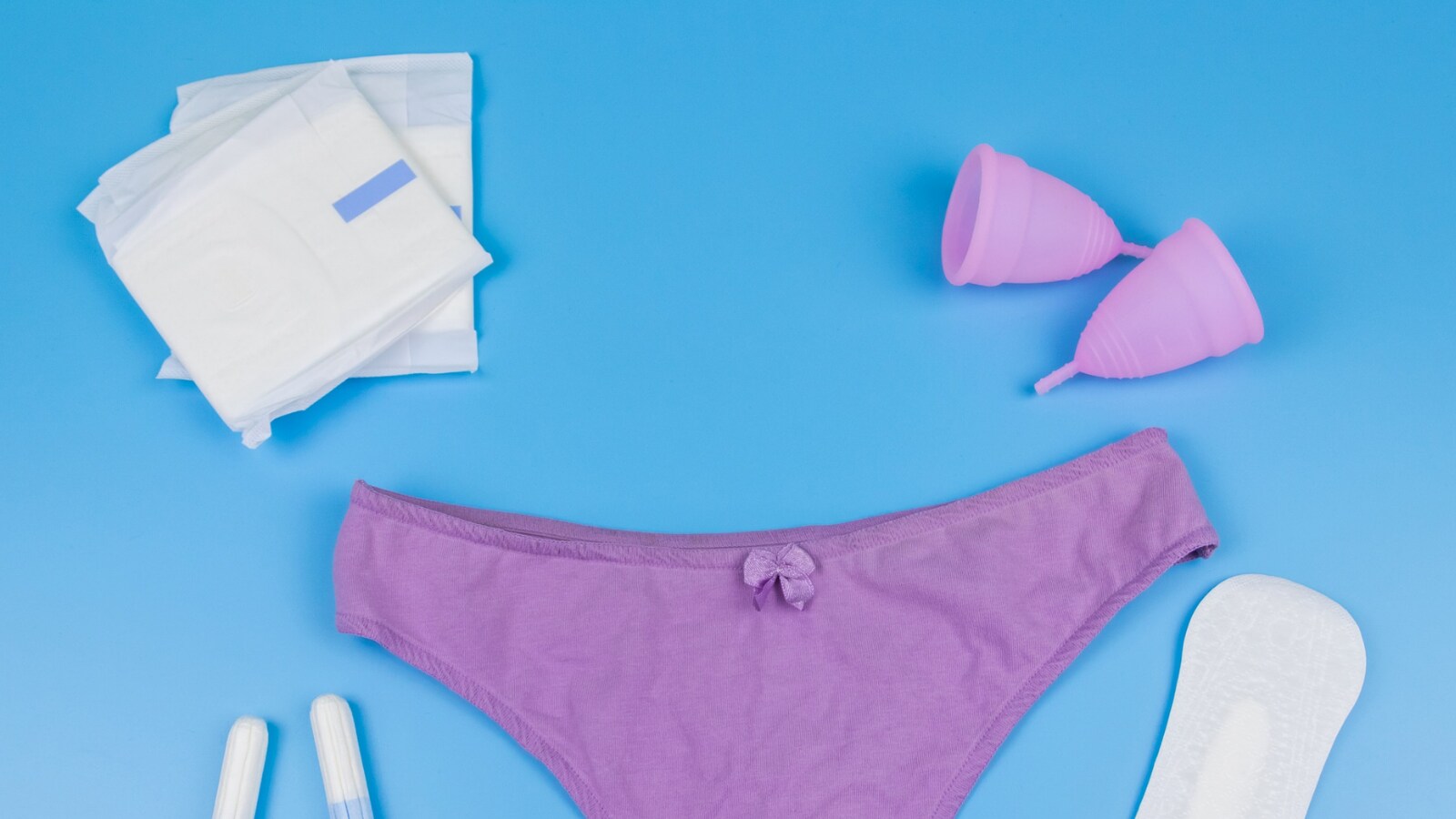The Focus of Menstrual Hygiene Needs to Move Beyond Just Sanitary Pads
Last Updated: October 06, 2022, 12:34 IST

There is so much more to menstrual hygiene then simply ensuring that women have access to affordable sanitary pads during their periods (AFP)
There is so much more to menstrual hygiene then simply ensuring that women have access to affordable sanitary pads during their periods
Menstruation has always been a taboo topic in India. There is enormous lack of awareness about it, there are centuries-old stigmas attached to it and there is a prevalent mindset to deal with it in the most unobtrusive and quiet manner possible, often without any consideration to proper hygiene measures.
In recent years, there has been commendable attempts to promote the concept of menstrual hygiene management. “However, the efforts have centred largely around making sanitary pads available and affordable to women from all walks of life, especially to those who have traditionally had to make do with unclean rags and improvised pieces of cloth,” says Advaitesha Birla, spokesperson, Ujaas.
But there is so much more to menstrual hygiene then simply ensuring that women have access to affordable sanitary pads during their periods. In fact, there is an entire gamut of aspects to consider.
- So many young girls and even women, do not know how to use sanitary napkins and other alternatives in the proper manner. “The improper use of sanitary pads or other menstruation devices can lead to severe infections and have a long-term impact on the health of a woman, just as the use of unsanitary substitutes can have. It is necessary and critical to educate women in this regard. They must be made to understand that the correct use can also prevent spotting and that they have nothing to fear during their periods,” adds Birla.
- Studies show that at least 500 million women and adolescent girls across the world lack adequate sanitation facilities. For example, in schools, work places and even in villages, they often don’t have separate toilets or adequately clean ones, and the facilities do not take into account a woman’s needs during her periods. In some municipal schools for instance, girls have to use toilets without doors or even share them with boys. The means to dispose used sanitary pads are often unavailable. When there is no water supply, even washing hands at this crucial period can become a challenge. In fact, these are often the reasons why girls miss school during their periods or drop out altogether.
- When we talk about menstrual health and hygiene, how can we ignore the mental health aspect of it. “Women and, especially, adolescent girls, go through a lot of hormonal spikes during their periods. They see a rise and fall in their levels of estrogen, serotonin and progesterone. Making women aware of the impact of these changes on their state of mind is important. It can help them understand and deal with their moods and feelings of anger, anxiety, and depression,” opines Birla.
- Generations of women across the world have benefitted from the safety and ease that sanitary napkins provide. “Sanitary pads, while the most popular, are not the only solution for period protection. New options are emerging for menstrual hygiene care ranging from menstrual cups, period panties, tampons, vaginal discs, etc. that are making it easier for menstruators,” says Monica Bindra, Founder & CEO, Laiqa.
- In addition to using menstrual hygiene products, menstruators should be aware of their overall health. During periods, one may experience fatigue, cramps, bloating, diarrhea, and mood swings. “Foods high in iron, protein, probiotics, and omega-3 fatty acids can help to alleviate period symptoms. Consuming water-rich fruits and drinking at least 2 liters of water per day will keep one hydrated. Some light yoga or exercise will also make one feel better,” believes Bindra.
- Some women tend to get yeast infections on periods, and consuming probiotics can help to keep one safe from it. Also taking a warm bath will not only help a menstruator feel better but will keep the intimate area clean and maintain hygiene.
- Also, the deep-rooted stigmas and myths associated with menstruation impact the mental wellbeing of women. For centuries they have been made to believe that menstruation is ‘dirty’ and ‘impure.’ So many women do not have a proper understanding of this biological phenomenon.
- They are fed incorrect and unwanted information that has its basis in myths and discriminatory cultural norms. As a result, women are conditioned into feeling awkward and embarrassed about their periods, and not talking about them openly. This affects their state of mind deeply.
- It is important to create awareness at the family and community levels and provide women with the relevant information about menstruation, so that they can learn to handle it in a hygienic and dignified manner.
Only when we start looking at menstrual hygiene and health in a holistic manner can we make menstrual wellbeing a reality in our society. “The time has come for the focus of menstrual hygiene to grow in its scope beyond providing sanitary napkins to encompass all aspects of it. We need to understand that menstrual hygiene is as much about health as it is about women’s dignity and their empowerment,” signs off Birla.
Read all the Latest Lifestyle News and Breaking News here
For all the latest lifestyle News Click Here

